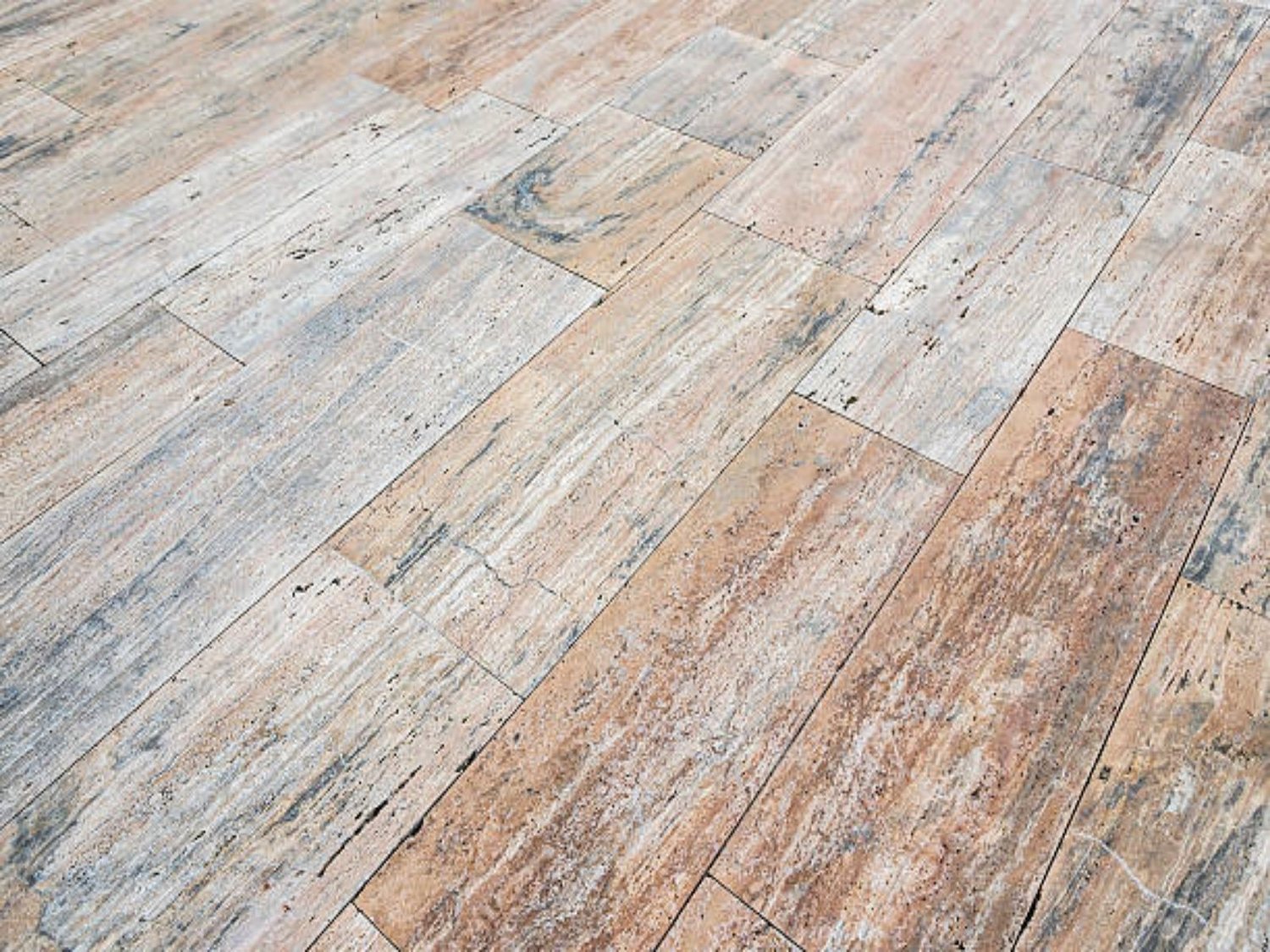Comparing SPC Flooring to Hardwood: Which Offers Better Water Resistance?
When it comes to choosing the right flooring for your home, water resistance is often a crucial factor to consider. In this article, we will compare SPC flooring to hardwood and determine which option offers better water resistance. Understanding the differences between these two types of flooring can help you make an informed decision for your specific needs.
1. The Basics of SPC Flooring
SPC (Stone Plastic Composite) flooring is a relatively new type of flooring that has gained popularity in recent years. It is made up of several layers, including a rigid core layer that provides stability and durability. The top layer of SPC flooring is a wear layer that protects against scratches and stains.
One of the main advantages of SPC flooring is its water resistance. The rigid core layer is made of a mixture of limestone and plastic polymers, which makes it highly resistant to water damage. This means that SPC flooring can be installed in areas prone to moisture, such as bathrooms and basements, without worrying about warping or buckling.
2. The Water Resistance of Hardwood
Hardwood flooring, on the other hand, is known for its natural beauty and timeless appeal. However, when it comes to water resistance, hardwood has its limitations. While hardwood can withstand small spills if cleaned up promptly, it is not recommended for areas with high humidity or excessive moisture.
Hardwood is a porous material, which means that it can absorb water and expand or contract as a result. This can lead to warping, buckling, and even mold growth. To maintain the water resistance of hardwood flooring, regular maintenance and careful cleaning are essential.
3. SPC Flooring and Waterproof Properties
Unlike hardwood flooring, SPC flooring is considered to be fully waterproof. This is due to its unique construction and the materials used. The rigid core layer of SPC flooring provides a solid barrier against water penetration, ensuring that the planks remain unaffected even in high-moisture environments.
Additionally, SPC flooring has a click-lock installation system that creates a tight seal between the planks, further enhancing its water resistance. This means that spills or accidents can be easily cleaned up without worrying about long-term damage.
4. Maintenance and Durability
Both SPC flooring and hardwood require regular maintenance to ensure their longevity. However, SPC flooring is generally easier to maintain compared to hardwood. It can be cleaned with a damp mop and mild detergent, making it a hassle-free option for busy households.
Additionally, SPC flooring is highly durable and resistant to scratches, stains, and wear. It can withstand heavy foot traffic and is less prone to damage from pets or furniture. Hardwood, on the other hand, may require periodic refinishing to maintain its appearance and protect it from water damage.
5. Cost Considerations
When comparing the cost of SPC flooring to hardwood, SPC flooring tends to be more budget-friendly. Hardwood flooring is often more expensive due to the cost of the raw materials and the installation process. SPC flooring offers a cost-effective alternative without compromising on water resistance or durability.
It is important to consider your budget and long-term maintenance costs when choosing between the two options. SPC flooring can provide a balance between affordability and water resistance, making it a practical choice for many homeowners.
6. Environmental Impact
For environmentally conscious homeowners, the impact of their flooring choice is an important consideration. Hardwood flooring is often considered more sustainable as it is a natural material that can be harvested from responsibly managed forests.
On the other hand, SPC flooring is made from synthetic materials such as plastic polymers and limestone. While these materials can be recycled, the production process may have a higher environmental impact compared to hardwood flooring.
7. Design Options and Aesthetics
When it comes to design options and aesthetics, both SPC flooring and hardwood have their advantages. Hardwood flooring offers a timeless and classic look that can complement a variety of interior styles. It comes in a wide range of species, colors, and finishes to suit different preferences.
SPC flooring, on the other hand, can mimic the look of hardwood with its realistic wood grain patterns. It also offers a variety of styles, including tile and stone looks. SPC flooring provides more versatility in terms of design options, allowing homeowners to achieve the desired aesthetic without compromising on water resistance.
8. Noise Reduction
While hardwood flooring can create a natural and warm ambiance, it can also contribute to noise transmission within a space. The hardness and lack of sound-absorbing properties of hardwood can result in a louder and more echoic environment.
SPC flooring, on the other hand, offers better noise reduction properties. The multiple layers and rigid core construction of SPC flooring help to dampen sound, making it a quieter option for homes.
9. Installation Process and Ease
Both SPC flooring and hardwood can be installed in various ways, including glue-down, floating, or click-lock systems. However, SPC flooring is generally easier and faster to install compared to hardwood.
SPC flooring with a click-lock system can be installed as a floating floor, which means it does not require adhesive or nails. This makes it a popular choice for DIY enthusiasts or those looking for a quick and hassle-free installation process.
10. Conclusion: SPC Flooring for Better Water Resistance
When comparing SPC flooring to hardwood in terms of water resistance, SPC flooring emerges as the clear winner. Its waterproof properties, durability, ease of maintenance, and affordable cost make it an excellent choice for areas prone to moisture.
While hardwood flooring offers its own unique charm and beauty, it requires more caution and maintenance to ensure its water resistance is maintained. Ultimately, the decision between SPC flooring and hardwood depends on your specific needs, budget, and design preferences.

